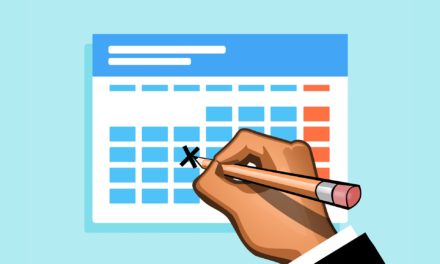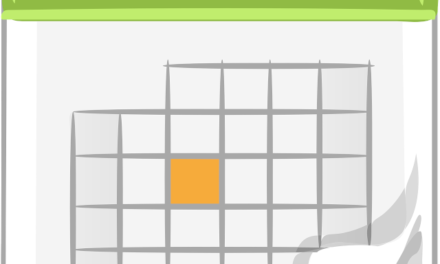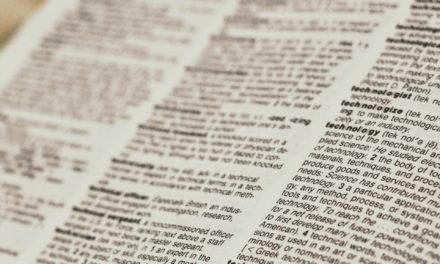A
As much as caffeine has long been a staple in my nootropic stacks, not to mention being the first one I’ve used consistently, I have to acknowledge it’s got some dark sides. For one, you need to respect its tolerance-building effects. I’ve had times that I noticed my usual daily ~300 to 400 mg creeping up and would have to deliberately wean myself back down. One issue that’s hard to completely avoid, however, is the matter of caffeine-induced insomnia.
Considering how caffeine works in the first place, that’s no surprise. Your brain has a number of adenosine receptors, which regulate how tired you feel. As the day wears on and you wear down, your brain releases adenosine and those receptors get saturated, giving you a strong urge to call it a night. Caffeine interrupts this process by binding directly to those receptors and preventing fatigue from hitting you. This is why you can be a groggy grouch in the morning, drink a strong cup of coffee, and then feel alert. Those receptors are also part of how you develop caffeine tolerance: the brain is remarkably good at adapting, and when it notices that all of a sudden adenosine isn’t working, it generates more receptors. That way, caffeine can block some and you still get enough adenosine in to feel sleepy. While you can fight the process by taking in more and more caffeine, that’s ultimately a losing battle. Rather, pay attention to the timing of your dose.
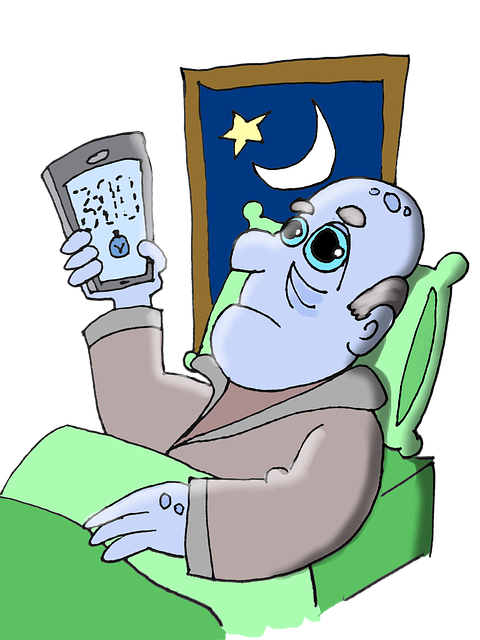
Don’t let coffee keep you up all night like this poor guy
Caffeine Half-Life Versus Genetics
Caffeine’s typical half-life is 5 to 6 hours (see the post managing your energy by timing your nootropics for more details on the specifics), so if you have a 140 mg energy drink at 8:30 AM, by 2:30 to 4:30 PM you still have ~70 mg active in your system. Taking an afternoon dose will of course compound that. Anytime you’ve lain awake in bed after drinking some, consider your timing. I can’t give you a one size fits all, as this varies way too widely based on your tolerance.
There are also a few genetic wrinkles: some people have what’s known as a “slow” caffeine metabolism compared to the “fast.” It’s directly caused by genetics via the COMT gene, and any of the major DNA analysis companies test for and can report whether or not you have it.[1]Happonen, Pertti, Sari Voutilainen, Tomi-Pekka Tuomainen, and Jukka T. Salonen. “Catechol-O-Methyltransferase Gene Polymorphism Modifies the Effect of Coffee Intake on Incidence of Acute Coronary … Continue reading That is, if you’re comfortable submitting your genetic code publicly, which frankly I’m not. Anyway, for anyone with that gene, those sleep-disrupting effects linger far longer. If you notice you’re prone to caffeine insomnia, this is something to watch out for and should have you keeping your doses to the morning.
How To Drink Coffee And Still Sleep Well
To minimize insomnia, start by using caffeine strategically. Plan on the times of the day when a productivity boost helps you the most, and take it only then. For a corporate software developer maintaining roughly a 9 to 5 schedule, the best times are generally going to be somewhere in the 7 to 9 AM range for the morning and around 12 to 1 PM in the afternoon. Night owls and all-night coding hackers, meanwhile, can push that back several hours. If a morning dose works, great, start and stop there. If you need a second one, the earlier in the day you take it the better for your sleep.
While there’s no way to flush caffeine out of your system faster to prevent insomnia, try taking 100 to 200 mg of L-Theanine before bed which just might counteract it. I found a cool rat study that did just that and found it could cancel out a certain degree of caffeine’s effects on sleep. Unfortunately, there are limits–the rats they really loaded down with caffeine still had issues–but that amount of L-Theanine was effective against low and moderate doses. [2]Jang, Hwan-Soo, Ji Young Jung, Il-Sung Jang, Kwang-Ho Jang, Sang-Hyun Kim, Jeoung-Hee Ha, Kyoungho Suk, and Maan-Gee Lee. “L-Theanine Partially Counteracts Caffeine-Induced Sleep Disturbances in … Continue reading I like using L-Theanine as part of my sleep stack anyway, and I bet this is part of why I don’t notice any real issues with caffeine insomnia.
References
| ↑1 | Happonen, Pertti, Sari Voutilainen, Tomi-Pekka Tuomainen, and Jukka T. Salonen. “Catechol-O-Methyltransferase Gene Polymorphism Modifies the Effect of Coffee Intake on Incidence of Acute Coronary Events.” PLoS ONE 1, no. 1 (December 27, 2006). https://doi.org/10.1371/journal.pone.0000117 |
|---|---|
| ↑2 | Jang, Hwan-Soo, Ji Young Jung, Il-Sung Jang, Kwang-Ho Jang, Sang-Hyun Kim, Jeoung-Hee Ha, Kyoungho Suk, and Maan-Gee Lee. “L-Theanine Partially Counteracts Caffeine-Induced Sleep Disturbances in Rats.” Pharmacology, Biochemistry, and Behavior 101, no. 2 (April 2012): 217–21. https://doi.org/10.1016/j.pbb.2012.01.011 |
